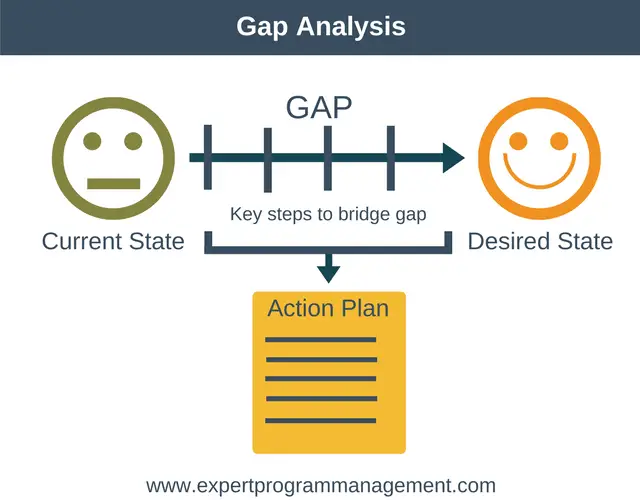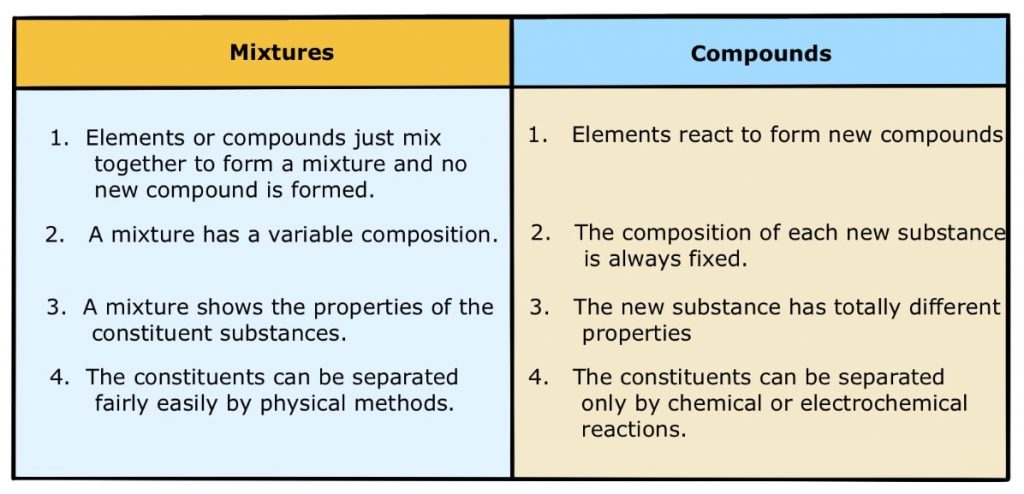The Value Of Middle Management: Bridging The Gap Between Leadership And Employees

Table of Contents
Facilitating Effective Communication and Information Flow
Middle managers are the vital communication link, ensuring that information flows seamlessly between leadership and frontline employees. Their ability to effectively translate and disseminate information is paramount to organizational success.
Relaying Strategic Goals
Middle managers translate high-level strategic goals into actionable plans and objectives understandable by frontline employees. This crucial step ensures that everyone is working towards the same overarching objectives.
- Breaking down complex information: They break down complex, strategic initiatives into smaller, manageable tasks, making them accessible and achievable for individual teams.
- Ensuring consistent communication: They ensure consistent communication across departments, preventing siloed operations and promoting collaboration.
- Providing regular updates: They provide regular updates to both leadership and team members, keeping everyone informed about progress and challenges.
- Clarifying expectations: They clarify expectations and ensure everyone is on the same page, minimizing misunderstandings and maximizing efficiency.
Gathering Feedback and Identifying Challenges
Middle managers act as a crucial feedback loop, gathering insights from employees and relaying them to upper management. This fosters a culture of open communication and proactive problem-solving.
- Identifying potential roadblocks: They identify potential roadblocks and challenges early on, allowing for proactive mitigation strategies.
- Acting as a conduit for employee concerns: They act as a conduit for employee concerns and suggestions, ensuring that employee voices are heard.
- Providing valuable insights into team dynamics: They provide valuable insights into team dynamics and morale, informing leadership decisions related to team building and employee well-being.
- Facilitating upward communication: They facilitate upward communication to leadership, ensuring that valuable feedback reaches the appropriate decision-makers.
Driving Employee Engagement and Motivation
Highly effective middle management plays a critical role in fostering a motivated and engaged workforce. Their actions directly impact employee satisfaction and productivity.
Mentoring and Development
Middle managers are essential for mentoring and developing their team members, cultivating a supportive and growth-oriented work environment. This investment in employees leads to higher retention rates and improved skills.
- Providing regular feedback and coaching: They provide regular feedback and coaching, helping employees improve their performance and reach their full potential.
- Identifying and nurturing talent: They identify and nurture talent within the team, creating opportunities for growth and advancement.
- Offering opportunities for professional development: They offer opportunities for professional development and advancement, demonstrating a commitment to employee growth.
- Creating a positive and inclusive team culture: They create a positive and inclusive team culture, fostering collaboration and mutual respect.
Boosting Team Morale and Productivity
Effective middle managers create a positive and supportive work environment, resulting in increased team morale and productivity. This contributes directly to the bottom line.
- Recognizing and rewarding employee contributions: They recognize and reward employee contributions, boosting morale and motivation.
- Addressing employee concerns and resolving conflicts: They address employee concerns and resolve conflicts promptly and fairly, maintaining a positive work environment.
- Promoting collaboration and teamwork: They promote collaboration and teamwork, fostering a sense of shared responsibility and accomplishment.
- Creating a sense of purpose and shared goals: They create a sense of purpose and shared goals, aligning individual efforts with the organization's overall objectives.
Improving Operational Efficiency and Productivity
Middle managers are directly responsible for the day-to-day operational efficiency of their teams. Their ability to optimize processes and solve problems is essential.
Resource Allocation and Optimization
Middle managers are responsible for the efficient allocation and utilization of resources within their teams. This ensures that resources are used effectively and productively.
- Optimizing workflows and processes: They optimize workflows and processes, streamlining operations and eliminating bottlenecks.
- Monitoring performance and identifying areas for improvement: They monitor performance and identify areas for improvement, implementing changes to enhance efficiency.
- Managing budgets and resources effectively: They manage budgets and resources effectively, ensuring that resources are allocated appropriately.
- Ensuring adherence to deadlines and targets: They ensure adherence to deadlines and targets, maintaining operational efficiency and meeting organizational goals.
Problem-Solving and Decision-Making
Middle managers make daily decisions that directly impact team productivity and efficiency. Their problem-solving skills are critical in navigating challenges and overcoming obstacles.
- Identifying and resolving operational issues: They identify and resolve operational issues quickly and efficiently, minimizing disruptions.
- Making timely and effective decisions: They make timely and effective decisions, based on available information and sound judgment.
- Implementing solutions to improve efficiency: They implement solutions to improve efficiency, enhancing team performance and productivity.
- Delegating tasks effectively and monitoring progress: They delegate tasks effectively and monitor progress, ensuring that work is completed on time and to a high standard.
Conclusion
The value of middle management cannot be overstated. They are the vital link between leadership and employees, playing a crucial role in communication, engagement, and operational efficiency. By fostering open communication, driving employee engagement, and improving operational processes, effective middle managers contribute significantly to an organization's overall success. Investing in and developing strong middle management is essential for any organization seeking to achieve its strategic goals and build a thriving, productive workforce. Recognize the invaluable contributions of your middle management team and empower them to continue bridging the gap between leadership and employees for optimal organizational performance. Prioritize the development of strong middle management skills within your organization and watch your organizational effectiveness soar. Investing in your middle management team is investing in your company's future.

Featured Posts
-
 Peace Talks Failure Assessing Putins Diplomatic Strategy In Ukraine
May 18, 2025
Peace Talks Failure Assessing Putins Diplomatic Strategy In Ukraine
May 18, 2025 -
 Teylor Svift Pobila Rekord Prodazhiv Vinilu Za 10 Rokiv
May 18, 2025
Teylor Svift Pobila Rekord Prodazhiv Vinilu Za 10 Rokiv
May 18, 2025 -
 Snl Weekend Update Analysis Of Audience Response To Ego Nwodim
May 18, 2025
Snl Weekend Update Analysis Of Audience Response To Ego Nwodim
May 18, 2025 -
 Delayed True Crime Series Outperforms High Rated Netflix Romance
May 18, 2025
Delayed True Crime Series Outperforms High Rated Netflix Romance
May 18, 2025 -
 The Us Army And Right To Repair Examining The Benefits And Challenges
May 18, 2025
The Us Army And Right To Repair Examining The Benefits And Challenges
May 18, 2025
Latest Posts
-
 Trump Administration Aerospace Deals Promises Performance And Accountability
May 18, 2025
Trump Administration Aerospace Deals Promises Performance And Accountability
May 18, 2025 -
 China Tariffs Analysts Predict Trumps 30 Duty Extension To 2025
May 18, 2025
China Tariffs Analysts Predict Trumps 30 Duty Extension To 2025
May 18, 2025 -
 Saturday Night Live Audience Reaction Causes Weekend Update Chaos
May 18, 2025
Saturday Night Live Audience Reaction Causes Weekend Update Chaos
May 18, 2025 -
 Analyzing Trumps Aerospace Agreements Substance Vs Spectacle
May 18, 2025
Analyzing Trumps Aerospace Agreements Substance Vs Spectacle
May 18, 2025 -
 Trumps 30 China Tariffs Extended Until Late 2025
May 18, 2025
Trumps 30 China Tariffs Extended Until Late 2025
May 18, 2025
